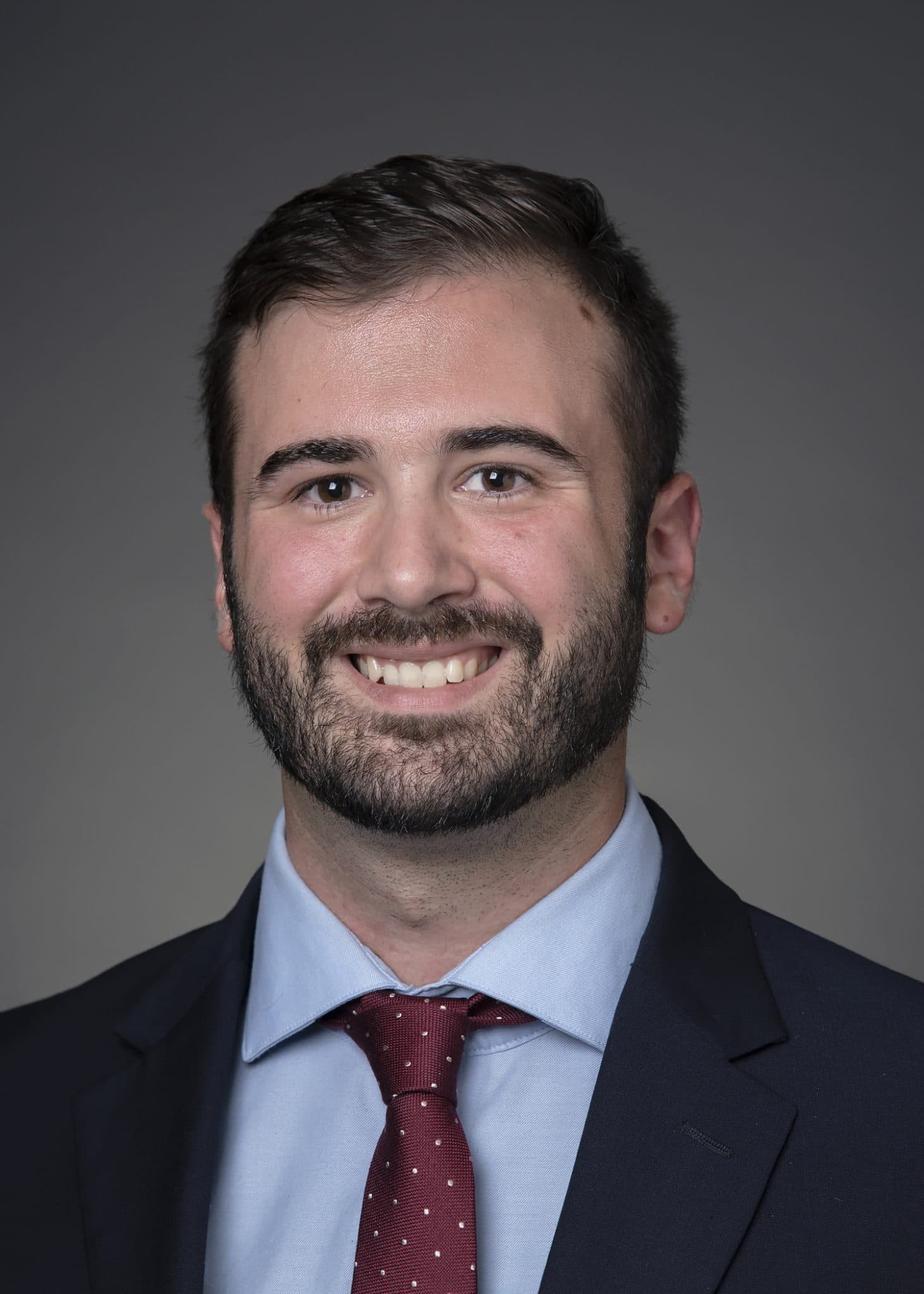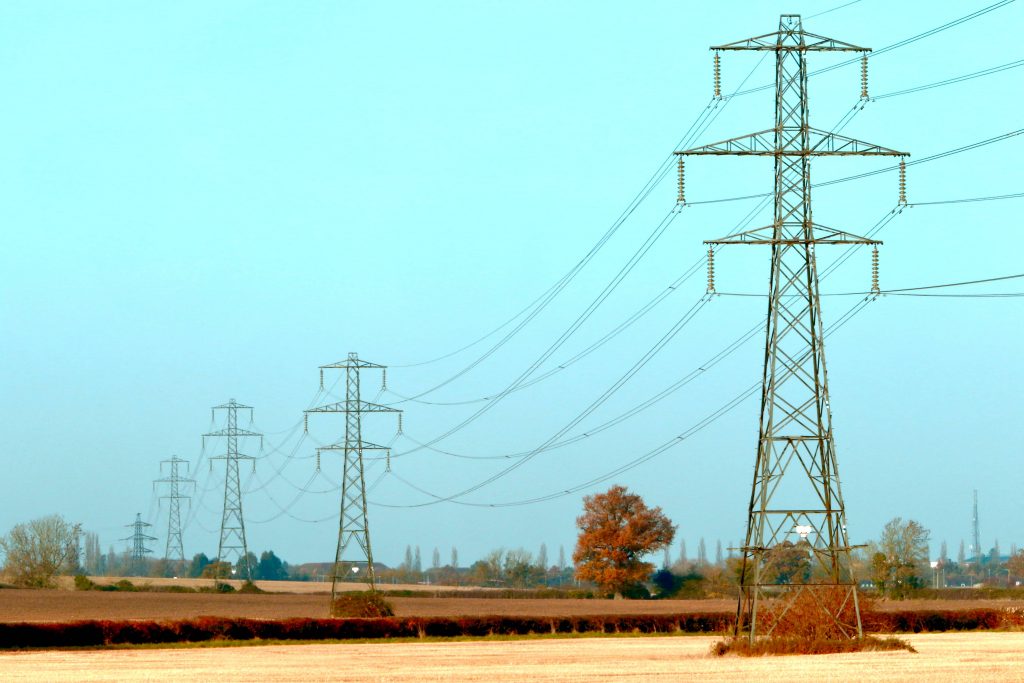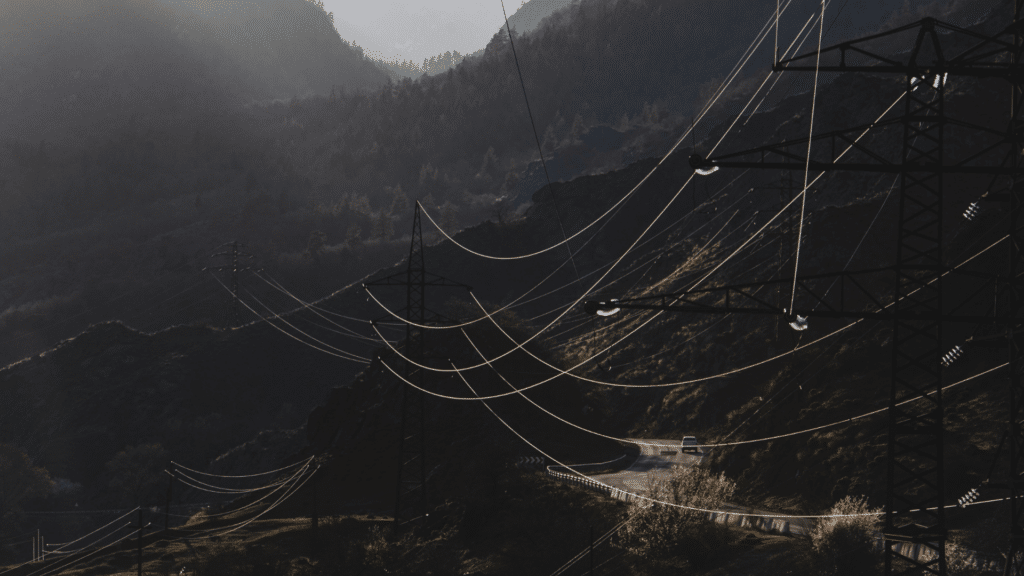The paper “Modelling Optimal Hydrogen Transmission Network Infrastructure” will be presented at the 10th FSR Annual Conference (10-11 June, 2021).
ABSTRACT:
Hydrogen is anticipated to play a critical role in a decarbonized future as a low-carbon energy vector. However, the future demand for hydrogen is a function of the delivered cost of hydrogen. If the cost of hydrogen is too high, demand will not materialize, and if demand does not materialize there is no incentive to invest in production capacity which may serve to reduce the production cost of hydrogen. Moreover, hydrogen production costs vary widely based on the commodity price of either electric power or natural gas within a region. Large-scale hydrogen transmission infrastructure could serve to minimize the delivered cost of hydrogen to higher production cost regions and accelerate market growth for hydrogen as the gas becomes more economically feasible.
The purpose of this study is to develop a flexible optimization model that estimates a large-scale hydrogen transmission network that minimizes the total expenditure on hydrogen across regions. Such a model is meant to provide insight to policymakers as they navigate questions around hydrogen’s role within their country’s future energy system and the midstream infrastructure necessary to minimize the region’s total expenditure on hydrogen. Results from this study could also inform an investor’s decision as to whether an investment in hydrogen transmission infrastructure is justified.
A linear program has been developed to estimate the required midstream hydrogen infrastructure to minimize the total expenditure on hydrogen across any number of nodes. The hydrogen expenditure at each node is equal to the quantity of hydrogen consumed at the node multiplied by the total cost of hydrogen delivered to the node. In a case where no transmission network is constructed to connect the nodes, each node must rely on hydrogen produced at each node to meet demand. In a case where the model allows the construction of edges between nodes, the price of hydrogen at each node can either be equal to the cost of producing hydrogen at the node or the cost of producing hydrogen at a different node and transporting it to the consuming node.
The model consists of an upstream hydrogen production cost module that assesses the total cost of producing hydrogen via electric power within a region and a transmission module that determines the delivery rate for hydrogen between nodes. These modules are paired with forecasted demand for hydrogen at each node and the model solves for the optimal hydrogen transmission network.
One has developed a case study for the United States where this model will be used to estimate an optimal 2050 hydrogen network between major regions. In order for hydrogen transmission to be justified, the power prices must be differentiated enough to enable hydrogen arbitrage opportunities between the regions. If these power prices are not differentiated enough the optimal hydrogen transmission network could be no network at all. Given the forecasted electric power costs across each of the regions, one expects a hydrogen transmission network will yield lower total expenditures on hydrogen across all regions relative to the case in which no network is constructed.






